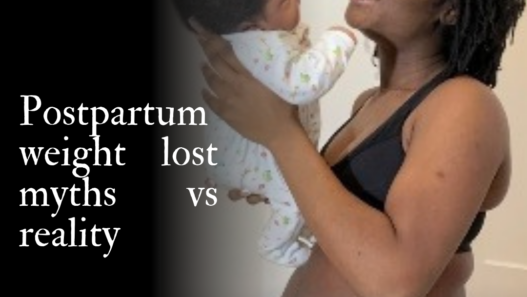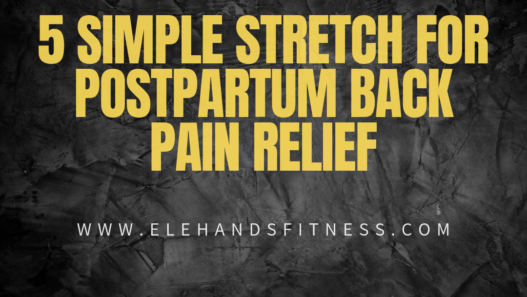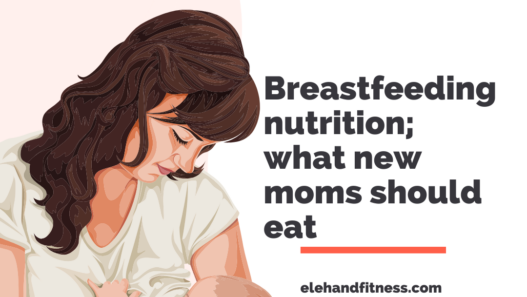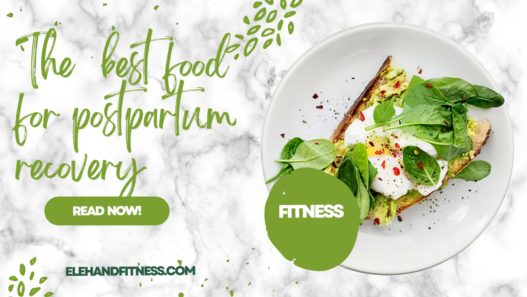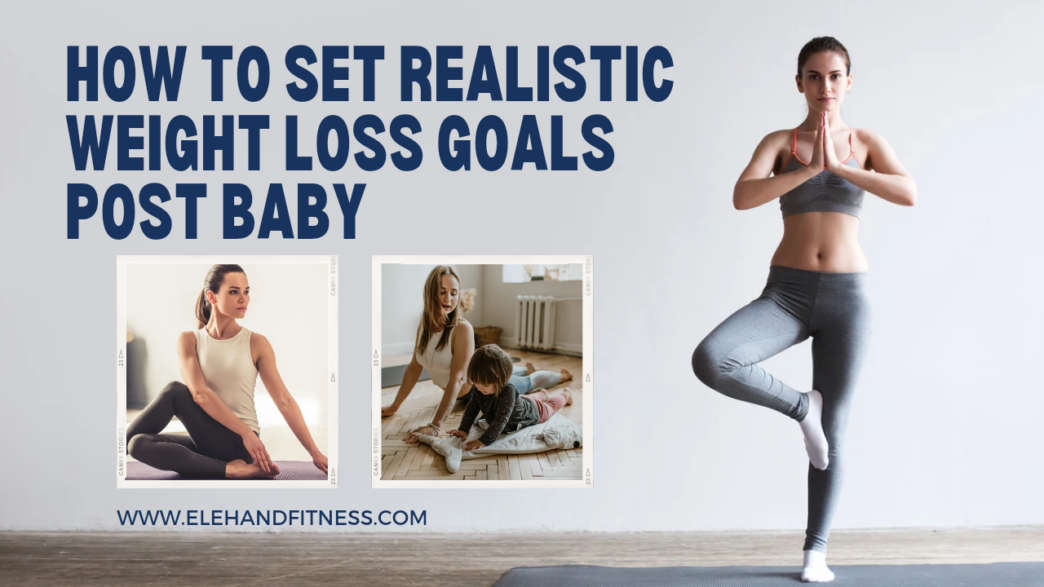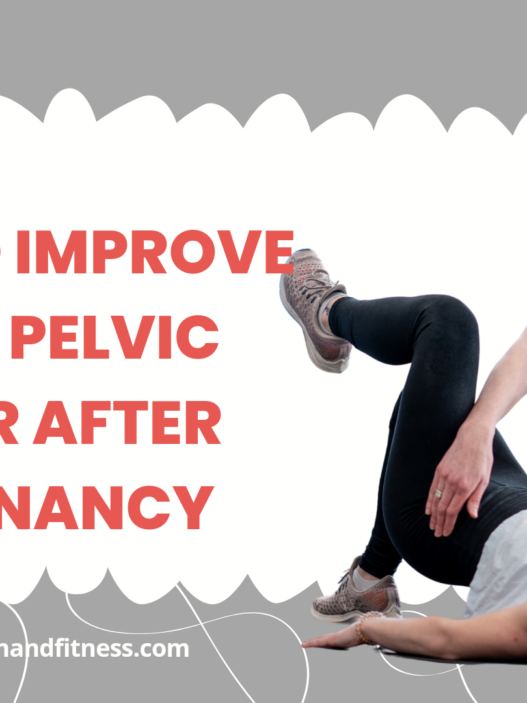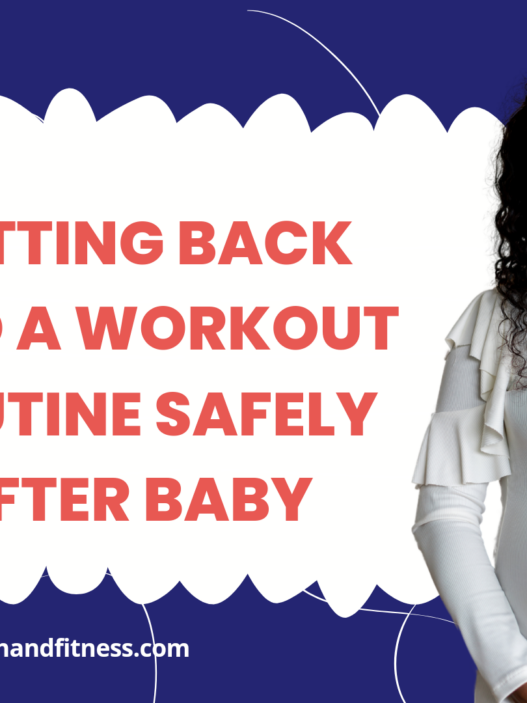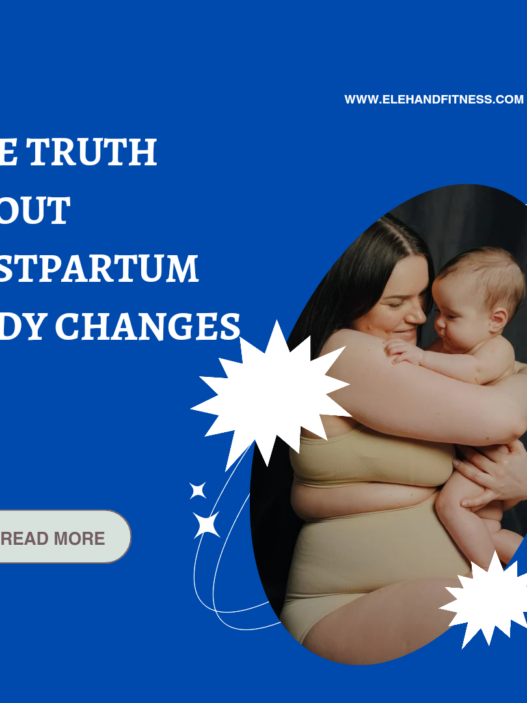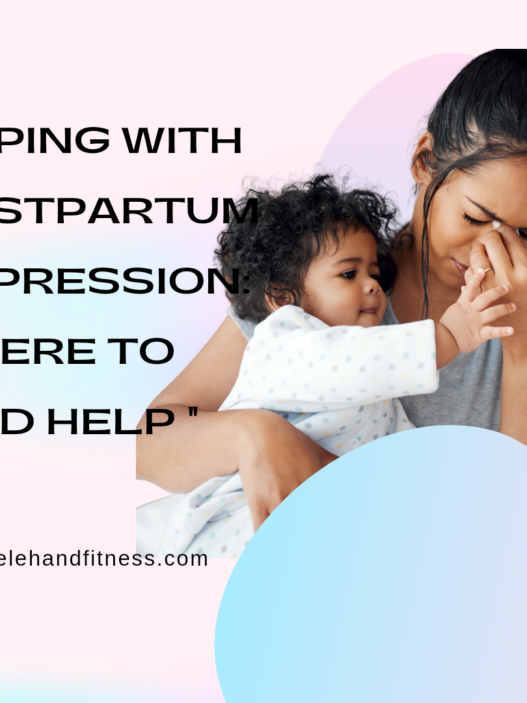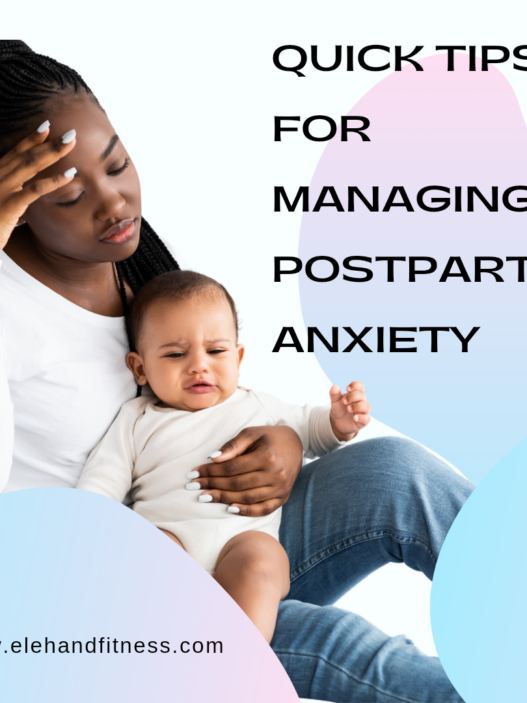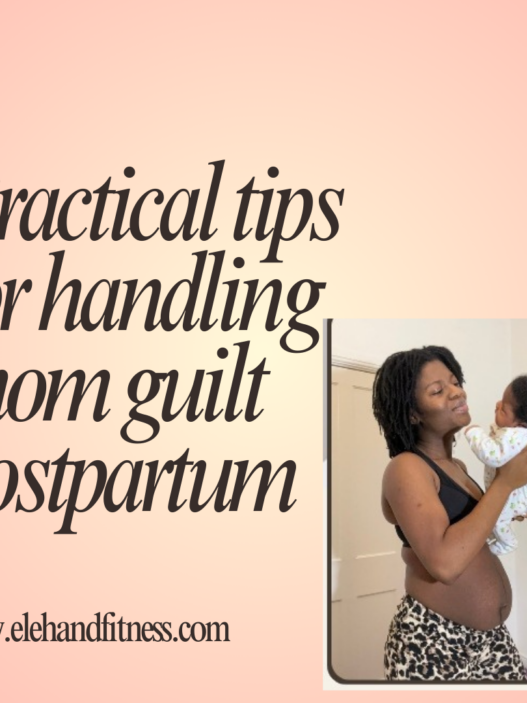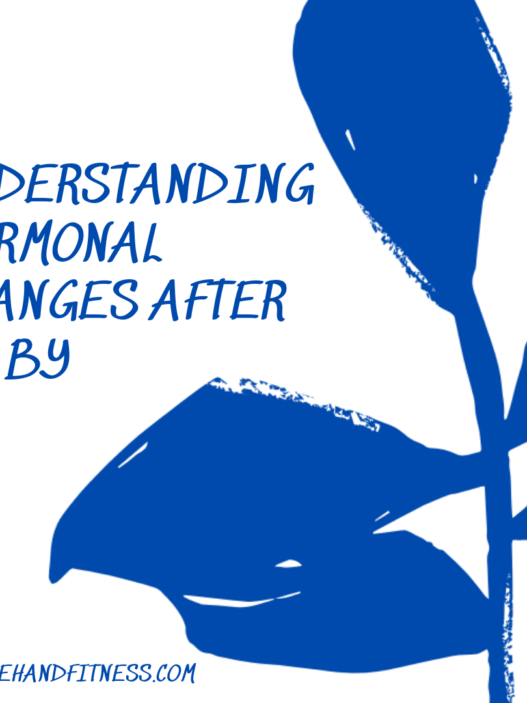How to Set Realistic Weight Loss Goals Post-Baby
Welcoming a baby is one of the most beautiful and life-changing experiences, but it also brings significant changes to your body. Many new moms feel the pressure to “bounce back” quickly, but this expectation isn’t always realistic—or healthy. Instead of chasing perfection, focus on setting achievable, realistic weight loss goals that prioritize your health and well-being.
Here’s a guide to help you set and achieve these goals with grace and patience:
- Understand Your Body’s Journey
Pregnancy is a marathon, not a sprint, and your body has gone through incredible changes. It takes time for your hormones, muscles, and organs to adjust back to their pre-pregnancy state. For women who’ve had a C-section, healing might take even longer. Respecting this recovery process is crucial to setting realistic weight-loss expectations.
- Set SMART Goals
Use the SMART framework to set goals that are:
Specific: Define exactly what you want, such as losing 5 kg in three months.
Measurable: Track your progress with weekly weigh-ins or measurements.
Achievable: Be realistic—losing 0.5-1 kg per week is a healthy pace.
Relevant: Ensure your goals align with your overall well-being, not just aesthetics.
Time-bound: Set a timeframe to keep yourself accountable.
- Prioritize Nutrition Over Restriction
Instead of following extreme diets, focus on nourishing your body. Breastfeeding moms, in particular, need extra calories to maintain their milk supply. Incorporate whole foods like lean proteins, fruits, vegetables, whole grains, and healthy fats. Hydration is equally important, especially if you’re nursing.
- Reintroduce Exercise Gradually
Your doctor will likely advise waiting 6–8 weeks (or longer after a C-section) before resuming exercise. Start with light activities like walking, pelvic floor exercises, or postnatal yoga. Gradually increase intensity as your strength and stamina improve.
- Manage Your Expectations
Weight loss after childbirth is not linear. Factors like sleep deprivation, stress, and breastfeeding can affect how quickly (or slowly) the weight comes off. Remember, it took nine months to grow your baby—give yourself at least that much time to recover.
- Seek Support
Having a strong support system can make a world of difference. Connect with other moms through online forums, local groups, or fitness classes. Share your goals with family and friends who can cheer you on and help you stay accountable.
- Celebrate Non-Scale Victories
Weight is only one measure of progress. Celebrate other achievements, like feeling stronger, having more energy, or fitting into pre-pregnancy clothes. These milestones are just as important as the number on the scale.
- Focus on Self-Care
Your mental health is just as important as your physical health. Prioritize rest, ask for help when needed, and practice self-compassion. Remind yourself that your body has done something miraculous—it deserves kindness, not criticism.
Conclusion
Losing weight after having a baby is a journey, not a race. By setting realistic goals and focusing on sustainable habits, you can achieve a healthy postpartum weight in a way that supports your overall well-being. Most importantly, remember that your worth isn’t tied to your weight. You’ve just accomplished one of life’s greatest miracles—give yourself grace to heal and thrive.
What’s your post-baby health goal? Let us know in the comments!

